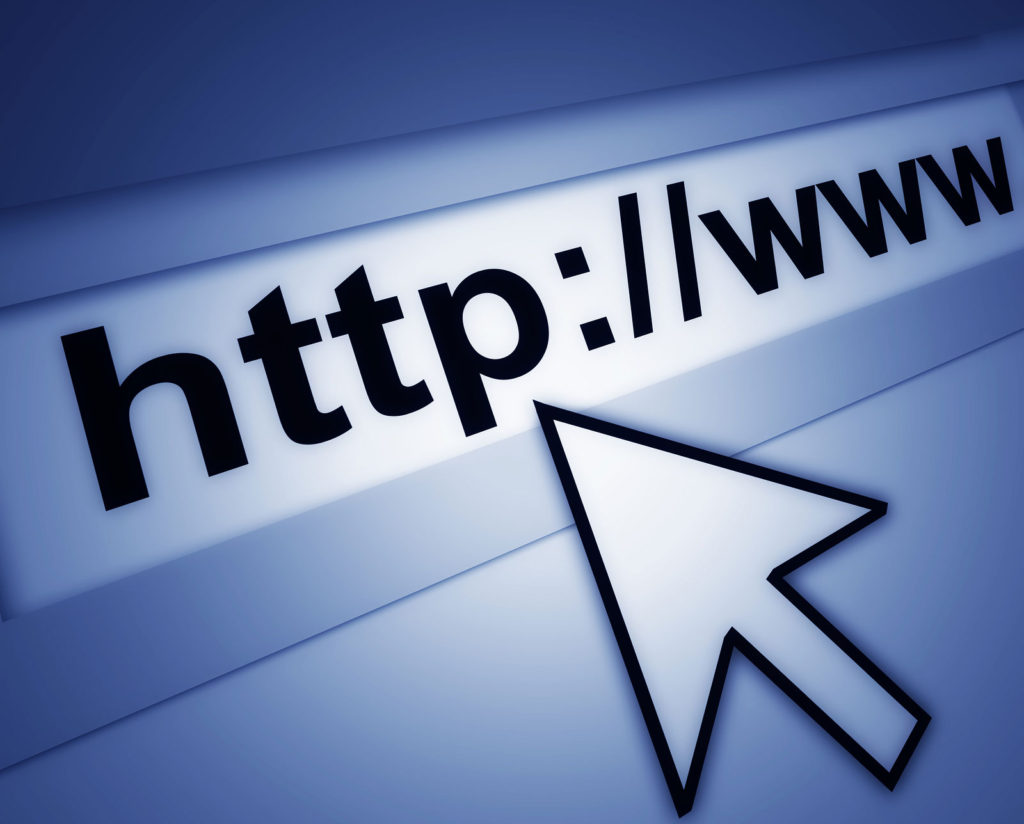The Uniform Resource Locator (URL) is a distinct and unique address allocated to each of the services available on the Web to be found by browsers and viewed by users. That is, URLs accompany you as you access the Web.
What is a Uniform Resource Locator (URL)?
Url full form is Uniform Resource Locator, the distinct and precise address of every page or resource on the internet, from the home page of the news website you check every morning to the GIF you’re going to use in your text. Because browsers would otherwise be unable to access the requested information by the user, each page, or resource, is linked to a URL.
What is the purpose of a URL?
URLs are used to help you find the information you need on the internet. You must type the address of any page or website into the browser bar to view it directly. Oh, it’s always you, Google. If you look in the address bar, you’ll notice that the search engine has its URL: https://www.google.in/.
What components make up a URL?
The URL will be in charge of directing the browser to the information it has requested. However, this address contains several sections or pieces of information, each with its own set of functions.
These are the URL’s components:
SCHEME
It is the original protocol for data transfer between computers and information extraction from the Internet. The scheme is usually http or https in the most of the situations.
The site is secured by an SSL certificate if the URL begins with “https” rather than “http.” The use of a Certificate authority to establish an encrypted channel is also indicated by encrypted images in an internet browser.
The SSL protocol (ssl stands for secure sockets layer) ensures that the information on that site is protected via Secure socket layer encryption and certification. It’s vital to utilise SSL on any website that handles sensitive information. Websites that don’t follow these guidelines are accessible to cybercriminals and may even be bogus.
HOST
The host for the hypertext transfer protocol ( http) is usually www.
DOMAIN
Correlates directly to the web address of each site.
PORT
The host determines the port name. The default port for the http protocol is 80, but this information is frequently overlooked.
DIRECTORY
It specifies the server’s path to take. Take, for example, a blog.
FILENAME
This clarifies the document’s properties further: free videos are a website where you can watch videos for free.
What role does the URL have in SEO?
It’s time to look at URLs and web links differently: web placement. Developing an appropriate URL is critical for better indexing a brand’s content and ensuring that a page is ranked as high as possible in search engine results. As a result, it is one of the tasks that must be included in your website launch checklist.
The URL selection is strongly linked to the keywords, which will aid in improving the positioning of any B2C (b2c stands for business to consumer). The keywords you chose (like google word coach) should be ahead of what people are looking for. To index your page in their database, search engines will analyze each URL independently. As a result, only construct different URLs if you provide unique content in each direction. Why? Simple: if you don’t, the search engines will believe you’re duplicating content and penalize our site.
URLs are far more than just a string of characters; they can be extremely valuable and contain an unlimited number of details to consider. You’re ready to start establishing the correct URL for your new website projects now that you’ve learned a little more about web addresses.
One of the Reputed Digital Marketing Company in India is:
Obiyan Infotech
103 & 105, 2nd Floor, The Mall Rd, Kingsway Camp,
GTB Nagar, New Delhi, Delhi 110009
Phone: +91 7044444433

